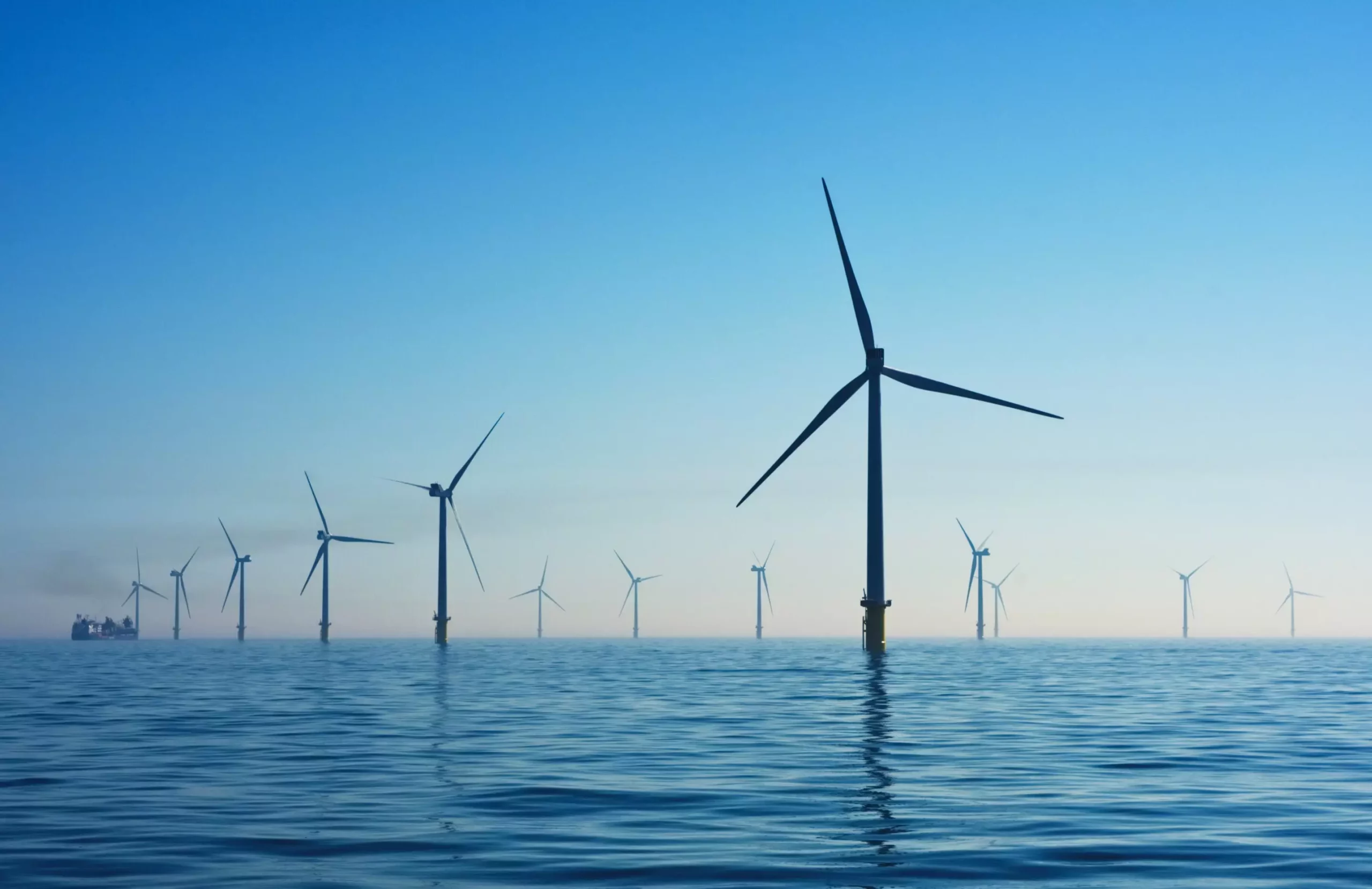In recent months, Nantucket has found itself at the center of a heated debate surrounding offshore wind projects and their environmental implications. With climate change spurring rapid advancements in renewable energy, offshore wind has been heralded as a promising source. However, local residents, especially the organization ACK For Whales, are raising alarms about the potential ecological impact on endangered species like the North Atlantic right whale. Amid ongoing projects and public outcry, residents filed a petition urging the Supreme Court to reconsider a lower court ruling that seemingly favors rapid wind energy development over critical evaluations of environmental harm. This action illustrates a growing tension between ambitious green energy projects and the protection of marine life, emphasizing the need for careful oversight.
ACK For Whales, a nonpartisan community organization, highlights its discontent with the recent decisions made by federal agencies enabling the swift approval of offshore wind projects without rigorously assessing their environmental impacts. Following a concerning incident involving the failure of a Vineyard Wind turbine blade last July, the stakes have been raised for both local residents and the precarious populations of right whales. A federal appeals judge’s April ruling rejected the group’s assertions regarding violations of the Endangered Species Act (ESA). The judgment allowed the federal authorities to proceed with the construction of the 62-turbine, 806-megawatt wind farm, even as concerns regarding the potential decimation of right whale populations were left unaddressed.
The petition lodged with the Supreme Court by ACK For Whales claims that the First Circuit’s endorsement of prior agency decisions lacks sufficient grounding in scientific evidence. According to the ESA, there is a mandatory requirement to utilize the “best available scientific and commercial data” for any decisions that could impact endangered species. The group’s president, Vallorie Oliver, firmly criticized the government’s approach, asserting that political motivations have taken precedence over ecological responsibility, leading to disastrous consequences.
The debate surrounding the future of offshore wind energy is not solely about renewable energy versus ecological conservation; it brings to light broader questions about the role of governmental policies in weighing one against the other. A representative of the Department of the Interior has claimed that local fishermen and residents show little genuine interest in protecting right whales—a statement that dismisses the community’s significant concerns about potential ecological repercussions. This dichotomy raises important questions about whose voices are valued in environmental decision-making and what constitutes legitimate stakeholder input.
Moreover, the First Circuit Court’s reliance on deference to the agencies involved raises alarm bells for environmental advocates. The court’s approach implies that federal agencies, which may have interests aligned with accelerated wind development, can interpret the ESA in a manner that weakens protections for vulnerable species. If agencies are allowed to set their interpretations without close scrutiny, the risk exists that the ecological implications of their decisions may be rendered secondary.
As ACK For Whales pushes its case to the Supreme Court, the outcome could significantly influence not only the future of offshore wind projects but also how environmental laws are adjudicated in the context of rapidly advancing technologies. The group’s attorney, Nancie Marzulla, drew parallels to the recent Loper Bright decision, which grants courts the power to challenge the interpretations of laws by federal agencies. This reflects a burgeoning jurisprudential trend where judicial review may hold agencies more accountable for their choices that directly impact vulnerable marine life.
Nantucket’s call for a moratorium on offshore wind development—which emerged from mounting local frustration—reflects a concerning disconnect between renewable energy initiatives and the essential protections for endangered species. Striking a balance between the urgency of climate action and adherence to existing environmental laws is crucial. The looming court case serves as a watershed moment for establishing precedents that might govern how future projects are scrutinized and whether ecological integrity continues to be treated as a secondary concern. As this legal battle unfolds, the voices of communities like Nantucket underscore the imperative of integrating environmental stewardship into the very fabric of renewable energy policy.


Leave a Reply